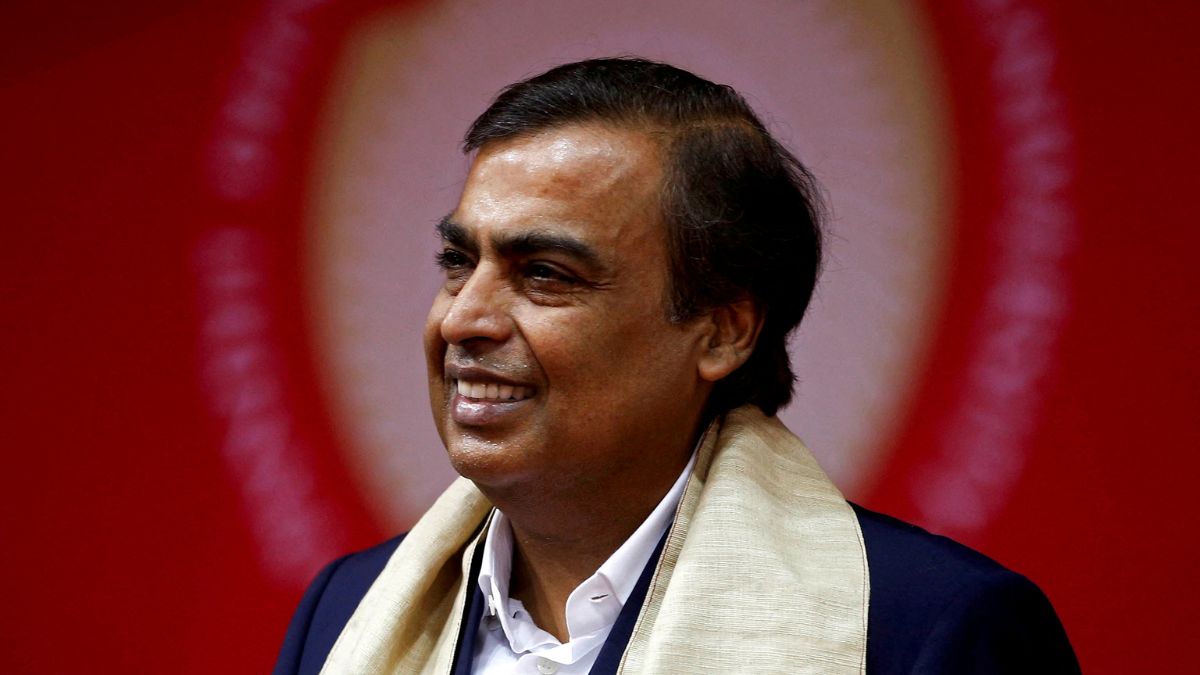The BSE Sensex fell over 2,500, touching a day’s low of 78,295.86 till 11:45 am on Monday, while the NSE Nifty tumbled beyond 24,000 read more
)
The Asian stock markets suffered loses because of rate hike by the Bank of Japan which has appreciated yen. Source: Reuters.
The Indian stock market on Monday (August 5) witnessed a massive bloodbath, with the BSE Sensex and Nifty 50 trading below 3 per cent on weak global cues.
The BSE Sensex fell over 2,500, touching a low of 78,295.86 till 11:45 am on Monday, while the NSE Nifty fell below 24,000.
At 11:45 am, Sensex was trading at 78,453.22, down 2,528.73 points or 3.12 per cent. Meanwhile, Nifty was at 24,014.45, down 2.85 per cent or 703.25 points.
Sensex, Nifty down after bloodbath in global stock markets
The Indian share market witnessed one of the worst falls on Monday after the global bloodbath. The stock markets overseas were down after the US jobs growth data released in post market hours on Friday showing that the employment growth slowed more than expected in July. The poor US data has sparked fear among investors of economic slowdown thereby weighing on global equities.
As per the data by the US Labour department, employers added just 114,000 jobs in July — 35 per cent fewer than expected — and unemployment, now at 4.3 per cent, is the highest since October 2021.
The stock markets in Asia suffered loses in the early trading hours also because of rate hike by the Bank of Japan which has appreciated yen.
Japanese indices registered massive losses and were down 20 per cent from their recent all-time highs. The Nikkei 225 index declined more than 1600 points or 4.85 per cent to 34,247.56 after the Bank of Japan’s rate hike announcement.
Investors are also cautious due to the tensions in the Middle East after the killing of Hamas political leader Ismail Haniyeh.
“The rally in the global stock markets has been driven mainly by consensus expectations of a soft landing for the US economy. This expectation is now under threat with the fall in US job creation in July and the sharp rise in US unemployment rate to 4.3 per cent. Geopolitical tensions in the Middle East also are a contributing factor. Another significant factor is the unwinding of the Yen carry trade which is bleeding the Japanese market. The crash in Nikkei by above 4 per cent this morning is an indicator of the crisis in the Japanese market,” VK Vijayakumar, Chief Investment Strategist at Geojit Financial Services, said.
Investors are now cautiously waiting for the key trade data from China and Taiwan later this week, as well as central bank decisions from Australia and India.
Indian markets to stabilise very early
“On the last trading day, Friday we saw a deep cut in Sensex. Today, it opened on expected line with a gap down… We are seeing in the global market that there is selling pressure because the trades are unwinding. This will continue for some time till again things stabilise. India will be the early one to stabilise as there are a lot of foreign portfolio investors selling Indian equities,” market expert Sunil Shah said.
“I think Indian markets will stabilise very early… We should not be very worried about it because there is nothing wrong fundamentally. In the last two trading sessions, what we saw was due to Japanese Central Bank raising interest. My suggestion is to look for an opportunity and if there is a deep correction, buy those shares and good companies,” Shah added.
Investment warning: DON’T rush to buy
“Valuations in India, driven mainly by sustained liquidity flows, continue to be high particularly in the mid and smallcaps segments. The overvalued segments of the market like Defence and Railways are likely to come under pressure. The buy on dips strategy which has worked well in this bull run, is likely to be threatened now. Investors need not rush to buy in this correction. Wait for the market to stabilise,” said VK Vijayakumar of Geojit Financial Services.

 1 month ago
158
1 month ago
158
)
)
)
)
)
)
)
)
)
)
)
)
)
)
)
)
)
)
)
)
)
)
)
 English (US) ·
English (US) ·